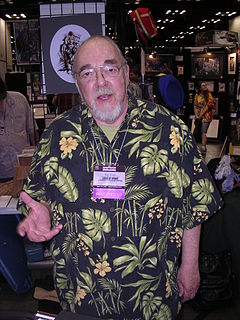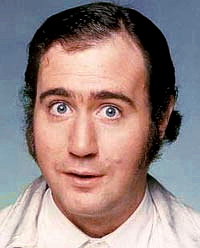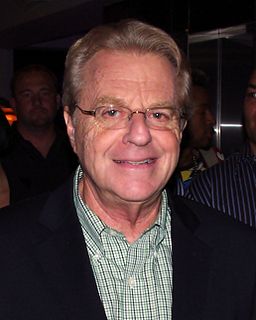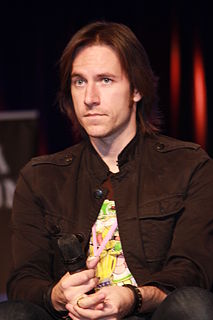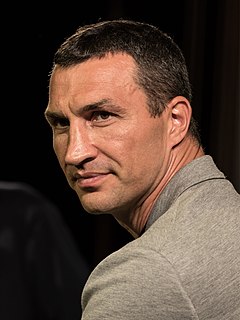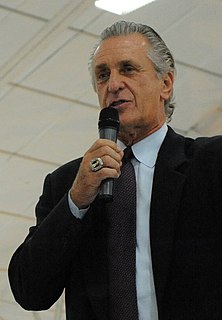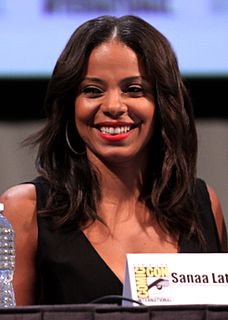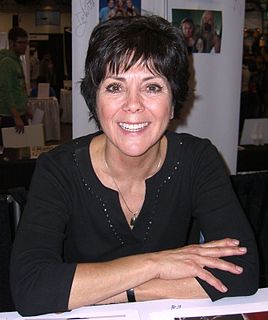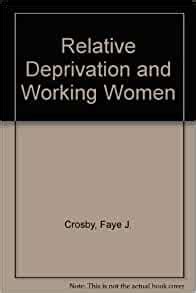A Quote by Inbar Lavi
We're all playing a role. You're playing a role at home, you're playing a role at work, you're playing a role to survive.
Related Quotes
Whenever I play a role, whether it's good or bad, an evil person or nice person, I believe in being a purist and going all the way with the role. If I'm going to be a villainous wrestler, I believe in going all the way with it and not breaking character and not giving away to the audience that I'm playing a role. I believe in playing it straight to the hilt.
I'm always playing a role, whether it's the role of the mayor, the role of a news anchor, or a role of a crazy talk-show host. But there was a specific function. 'On Dancing With The Stars', I had nothing to do but be me, schlepping around the floor. And when I host 'America's Got Talent', that's really me just talking to regular folks.
I'm playing right now a role, and the role is called the 'Heavyweight Champion of the World.' And it takes all of the time. And I love this role, and it takes a lot of attention for me for the sport, and I just don't want to lose the title, so that's why I have to stay focused and not become an actor.
The traditional American husband and father had the responsibilities-and the privileges-of playing the role of primary provider. Sharing that role is not easy. To yield exclusive access to the role is to surrender some of the potential for fulfilling the hero fantasy-a fantasy that appeals to us all. The loss is far from trivial.

